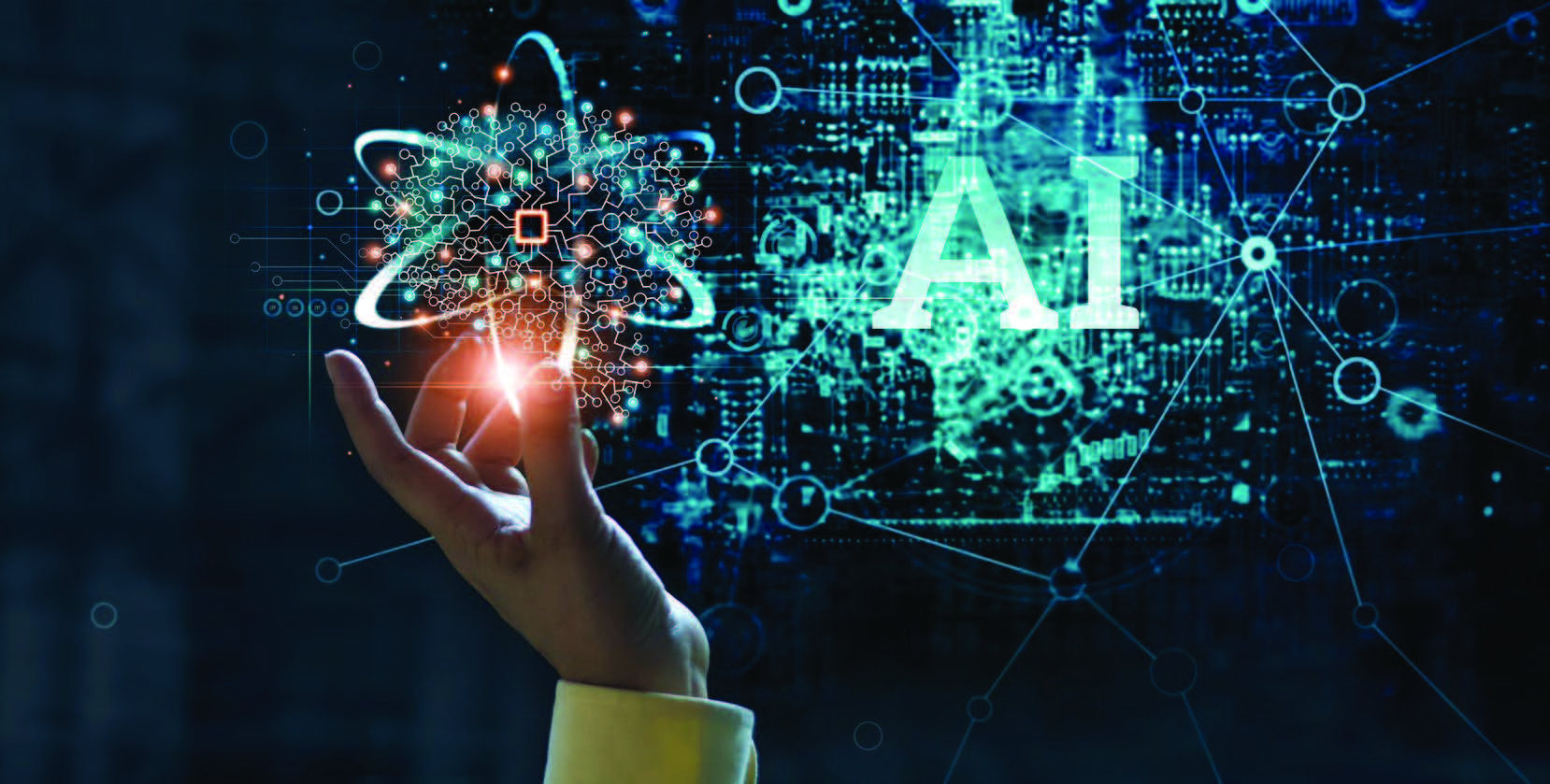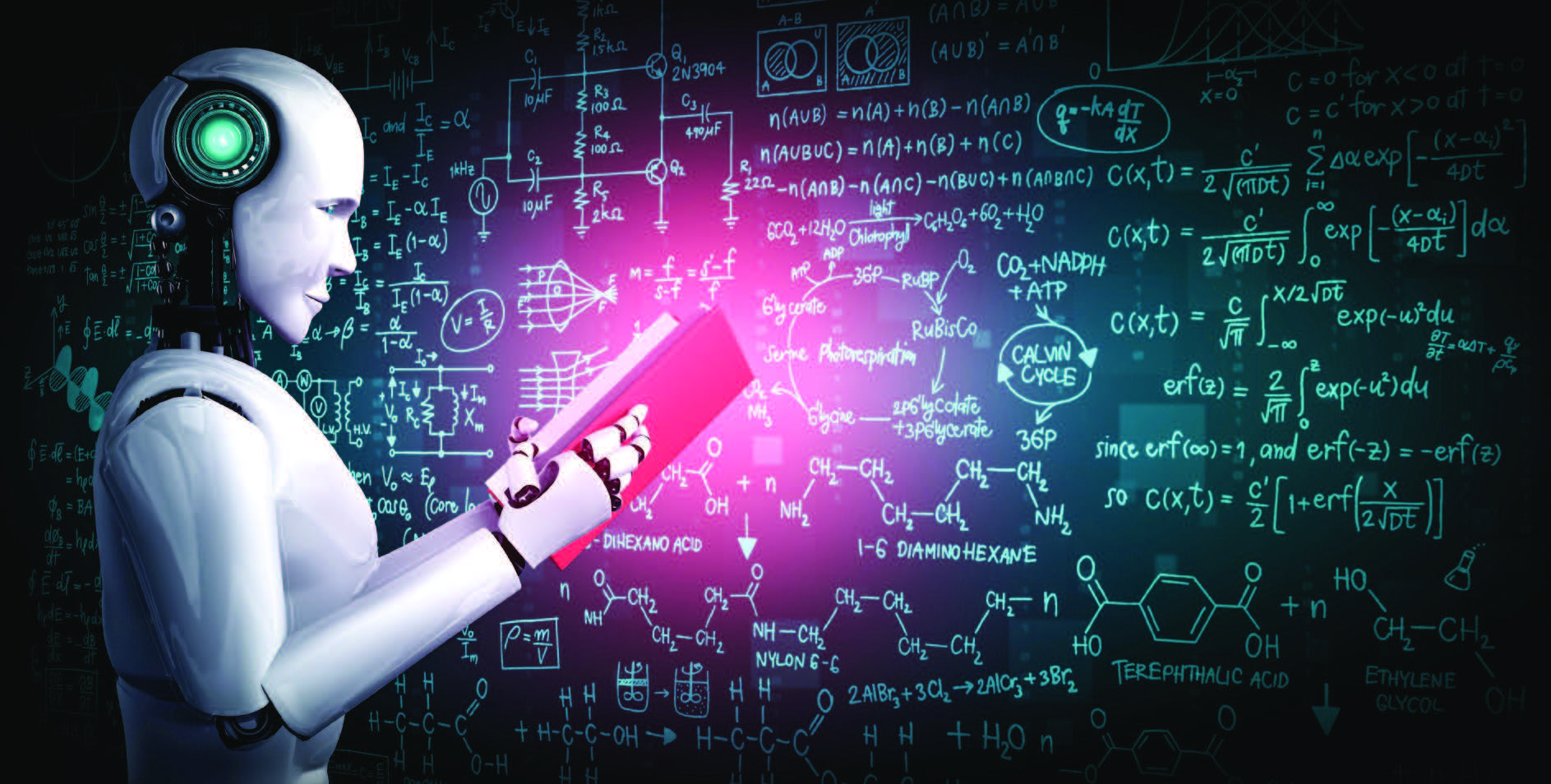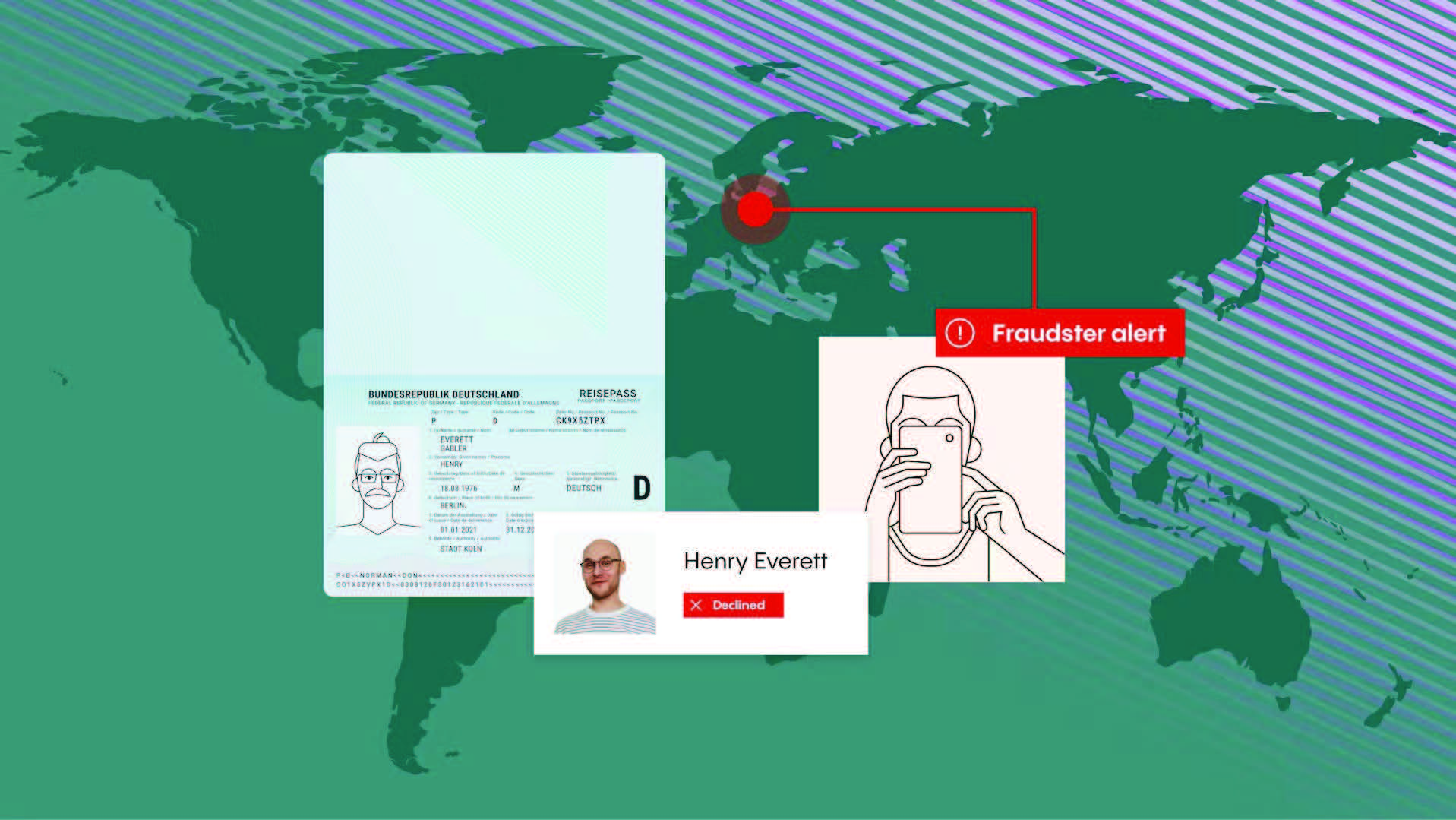
Executive Summary
This policy brief argues the need for Kenya to leverage the power of artificial intelligence in national security. It underscores the untapped potentials in the national security domain. These untapped potentials include threats analysis, strategic planning, and threats preparedness. To tap into this potential, the paper recommends closing gaps in the legal and regulatory frameworks which remain nascent, investment in research, and capacity development of human resource in the national security space.
Introduction
The Kenya Kwanza administration, recognizes Information Technology as a strategic enabler to drive the digital economy and as a source of economic growth. The Digital superhighway and creative economy, is one of the six (6) pillars that seek to support the delivery of its Bottom-up Economic Transformation Agenda (BETA)[1]. The government has made deliberate efforts to build a robust ICT ecosystem, key among them being Digital Government and the flagship eCitizen System that has been onboarded with over 15,000 services, with many others on the pipeline[2]. There has also been expansion and improvement of the Digital Infrastructure with National Optic Fibre Network Backbone Infrastructure (NOFBI) and Government Common Core Network (GCCN) expanded to link entire government, counties, sub-counties, hospitals, schools with internet. To improve access, more than 25,000 WIFI hotspots have been setup across the Country to enable internet connectivity countrywide, thus expanding the uptake of internet and mobile driven business and activities[3].

With an explosive ICT growth supported by a robust private sector, there is need to consider the use of various emerging technologies, such as Artificial Intelligence (AI) to spur economic growth, security and service delivery. Artificial Intelligence (AI) is the ability of machines or software to perform tasks commonly associated with intelligent beings, like the ability to reason, generalize, learn from experience, and discover meaning[4]. It is a specialty within computer science concerned with creating systems that can replicate human intelligence and problem-solving abilities. This is done by taking in a myriad of data, processing it, and learning from their past in order to streamline and improve decision making process[5]. Despite, the seemingly independent manner of AI, they still run on computer programmes developed by humans, who must follow the normal hardware design and software development process.

AI allows computers to be programmed to carry out complex, yet specific tasks and functions that mostly surpass the performance level of human experts and professionals in area of voice recognition, medical diagnosis, and chatbots. This powerful and unique ability can therefore be extended to national security to enhance decision-making, optimize resource allocation, and bolster strategic planning, making it an indispensable tool for nations striving for progress and safeguarding of their interests[6].
Therefore, this policy brief focuses on the application of AI in National Security in Kenya and seeks to influence government policy to align processes, people, technologies, laws, regulations, research and development priorities to tap into the capability offered by these disruptive technologies. Furthermore, AI has potential to support delivery of security to the people of Kenya, allowing them to freely participate in nation building and development.
Potentials of AI in National Security
Despite its disruptive nature, AI can be a pivotal tool in safeguarding Kenyan national interests and preserving security in the current complex and interconnected world. AI applications span various domains within the national security system, in the Military, Police, Intelligence and cybersecurity to support monitoring, threat detection, analysis, response and strategic decision-making. The complexity of modern warfare and threats require commanders at all levels to avoid overload and battle fatigue.
Most of the security operations are intelligence driven. This has made them effective, utilizing limited resources for maximum impact. In any operations, lack of situational awareness is a grave danger in the battle space and AI can be used to provide visibility as well as analysis to all the data and information available for effective and timely decision making. Kenya is not only endowed with a vast coast line, but also has porous borders with its neighbors, AI algorithms can be used to analyze vast drone, aircraft and satellite imagery data to identify potential security threats, monitor geopolitical developments, and track illicit activities. Security apparatus can harness AI-generated image recognition technology to detect anomalous patterns, such as enemy military or militia build-ups in sensitive regions. By providing timely and actionable intelligence insights, AI can enhance situational awareness supporting proactive measures and pre-emptive operations to mitigate conventional and emerging risks to national security.
Terrorism has remained a leading threat to Kenyan sovereignty and economy[7]. Looking at its potential, AI can be the game charger in the national efforts to counterterrorism and law enforcement. AI-powered predictive analytics models can be used to analyze crime data, social media feeds, and other relevant sources to anticipate and prevent terrorist activities, criminal incidents, and public safety threats. Law enforcement agencies in the main cities and other urban areas can employ predictive policing algorithms to allocate resources effectively, deploy patrols in high-risk areas, and disrupt criminal networks before they can execute their plans. By leveraging AI, military and law enforcement agencies will enhance their operational capabilities and contribute to maintaining security, public safety and order.
The move to digitize government services is a double-edged sword. While services have been brought closer to the people and government has increased revenue collection, the security of these government systems is a security nightmare. However, AI-driven intrusion detection systems can be used to monitor network traffic, analyze patterns, and identify anomalous behavior indicative of cyber threats, such as malware infections, data breaches, and denial-of-service attacks. Kenya can develop and deploy AI algorithms that mimic the human immune system to detect and neutralize cyber threats in real-time, strengthening defenses against evolving cyber threats and ensuring the integrity of critical infrastructure and sensitive data. By national fortifying cybersecurity defenses, AI can mitigate the risks posed by cyber adversaries and enhances resilience against cyber-attacks on national security assets.

Security agencies spend a considerable amount of time and resources preparing military and security campaign plans and testing them through large scale exercises that demand heavy logistics, budgetary and personnel support. These sometimes are unavailable but the developments in the AI field can be used to minimize the financial burden by using AI-powered war gaming and simulation platforms. These can simulate complex military scenarios, analyze multiple variables, and generate predictive insights to assist defense planners in devising strategies, assessing risks, and optimizing resource allocation. Kenyan security agencies can leverage AI-driven simulation tools to conduct wargames, evaluate force readiness, and anticipate adversaries’ actions in various operational and tactical theaters. By augmenting strategic decision-making processes, AI can empower defense and security planners to easily deal and adapt to fluid dynamic security challenges and situations, thus be able to maintain superiority in an era characterized by rapid technological advancements and hybrid warfare and security tactics.
The strategic integration of AI at the national level holds immense promise for driving and fortifying national security frameworks. By harnessing AI’s transformative capabilities, the Kenyan government can unlock new opportunities for prosperity, resilience, and strategic advantage in an increasingly complex and dynamic geopolitical landscape. These include enhancing intelligence capabilities, strengthening law enforcement efforts, fortifying cybersecurity defenses, and facilitating strategic decision-making in defense planning. By harnessing AI-driven solutions, the country can safeguard their sovereignty, protect their citizens, and preserve peace and stability in an ever-evolving threat landscape. Embracing AI as a national security guardian offers unprecedented opportunities to confront emerging threats and uphold the fundamental values of democracy, and sovereignty. Investing in AI research, infrastructure, and capacity building is a strategic move that Kenya needs to commit to in order to advance its interests and secure a brighter future for posterity.
It is also worth noting that at the legal level, there is a bill, the Kenya Robotics and Artificial Intelligence Society Bill, 2023 that seeks to establish the Kenya Robotics and Artificial Intelligence Society as a non-profit organization responsible for promoting and developing the field of robotics and artificial intelligence in Kenya[8]. While the bill may be an important step in the development of robotics and artificial intelligence, it has faced stiff resistance from the populace due to its focus on regulation, as opposed to development[9],[10]. The bill may require more public and stakeholder engagement to meet the legal threshold for a law. There may also be need to de-conflict the proposals made with already existing government bodies, laws and regulations.

Recommendations
As a way forward, this brief makes the following recommendations:
a) There is need to establish a robust Legal Framework for AI. Just like other emerging technology, AI still lacks mature laws, policies and regulations to govern their use and deployment in Kenya. There is need to review existing legal frameworks with a view to formulating laws that can support the positive use of AI technology, while at the same time being able to prevent its misuse. The proposed Kenya Robotics and Artificial Intelligence Society Bill, 2023 may be a good starting point but with major overhauls to take onboard the concerns of all stakeholders.
b) There is also need for investment in technology. Like all other progressive technologies, AI is expensive and requires heavy infrastructural investment to buy equipment and lay out the infrastructure. This should also cover increased budgetary provision to cover the costs of operations and maintenance. Government and private sector collaboration is critical.
c) Training and capacity building is important to build a critical mass of professionals in AI. As such there is need for various security agencies to make deliberate efforts to build the necessary capacity through recruitment, training and staff retention.
d) To create synergy and tap into the power of networking, there is need for collaboration and partnership, as AI technology, being cross cutting in nature requires building bridges for collaboration and partnership at local and international levels. This will ensure and guarantee greater outcomes as compared to working based on the silo approach and mentality. Collaboration and partnership should also ensure information sharing and undertaking of joint research and development among the Kenyan security agencies.
References
[1] THE PLAN The Bottom Up Economic Transformation Agenda 2022 – 2027(available at http://www.parliament.go.ke/sites/default/files/2023-09/Budget%20Watch%202023_0.pdf,
[2] https://www.kbc.co.ke/koskei-govt-generates-ksh281m-daily-revenue-through-ecitizen-platform/
[3] https://www.kenyanews.go.ke/government-to-launch-25000-free-public-wifi-hotspots/
[4] Russell, Stuart J.; Norvig, Peter. (2021). Artificial Intelligence: A Modern Approach (4th ed.). Hoboken: Pearson. ISBN 978-0134610993. LCCN 20190474.
[5] Al-Ansi AM, Al-Ansi A-A (2023) An Overview of Artificial Intelligence (AI) in 6G: Types, Advantages, Challenges and Recent Applications. Buletin Ilmiah Sarjana Teknik Elektro, 5(1), 67-75
[6] Venema L (2021) Defining a role for AI ethics in national security. Nat Mach Intell 3,370–371. https://doi.org/10.1038/s42256-021-00344-9
[7] Nzau, Mumo and Guyo, Mohammed (2018) “The Challenge of Securing Kenya: Past Experience, Present Challenges and Future Prospects,” The Journal of Social Encounters 2(1),1, 37-59. Available at:
https://digitalcommons.csbsju.edu/social_encounters/vol2/iss1/4
[8] The Kenya Robotics and Artificial Intelligence Society Bill, 2023
[9] Siele, M (2023). Kenya’s tech industry is fighting AI regulation plans. https://www.semafor.com/article/12/05/2023/kenya-ai-regulation
[10] https://coingeek.com/kenya-it-industry-rejects-robotics-and-ai-bill/
